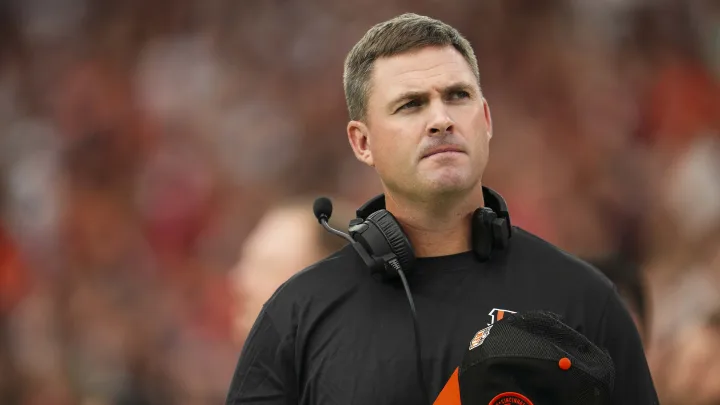Navigating Changes in Auburn Football Ticketing Amidst NIL Era
Auburn University, renowned for its passionate fan base and storied football program, is facing significant shifts in its ticketing structure due to the evolving landscape of college athletics. The introduction of Name, Image, and Likeness (NIL) rights and a landmark $2.8 billion settlement with the NCAA have prompted the university to reassess its revenue models, leading to potential changes in ticket pricing for the upcoming seasons.
In 2023, Auburn achieved a milestone by selling out 63,500 public season tickets, surpassing the previous record of 62,900 set in 2014. This achievement was attributed to the unwavering support of the Auburn family and the leadership of first-year head coach Hugh Freeze. The following year mirrored this success, with the same number of tickets sold, highlighting the consistent enthusiasm of Auburn fans.
Emerging Financial Challenges
The landscape of college athletics is undergoing a transformation with the introduction of NIL rights, allowing student-athletes to profit from their personal brands. Concurrently, the NCAA’s settlement, known as the House settlement, mandates that schools distribute up to $20 million annually to both current and former student-athletes over the next decade. These developments have significantly altered the financial dynamics of collegiate sports, compelling institutions like Auburn to seek new revenue streams to support these changes.
To address the financial implications of these changes, Auburn’s Athletic Director, John Cohen, announced potential adjustments in ticket prices for certain seating zones. In a communication to season ticket holders, Cohen emphasized the necessity of these changes to uphold the university’s commitment to supporting student-athletes in this new era. He stated, “As we look ahead with great anticipation of the 2025 season…it is imperative that ticket prices in several seating zones be adjusted due to a new era of NIL.”
Cohen further acknowledged that balancing revenue and expenses is a delicate process but deemed these adjustments essential for maintaining Auburn’s competitive edge in collegiate athletics. He noted that while some seating zones might experience price increases, others could remain unchanged or even decrease, reflecting the university’s effort to balance financial sustainability with fan accessibility.
Auburn’s approach aligns with trends observed at other institutions facing similar financial pressures. For instance, Tennessee has introduced a “talent fee” added to the price of sports tickets, while Arkansas has implemented a 3% increase in concession prices. Clemson has opted for an athletic surcharge on tuition bills. These measures underscore the widespread impact of NIL and settlement agreements on collegiate sports financing.
Despite potential price adjustments, Auburn remains committed to enriching the fan experience. The university offers premium seating options such as the Heisman Club Executive Suites and the Beckwith Club, providing fans with exclusive amenities including in-game food and beverage services, reserved parking, and invitations to special events. These offerings aim to deliver unparalleled game-day experiences while supporting the financial needs of the athletic programs.
Looking Ahead
As Auburn navigates these financial adjustments, the university emphasizes transparency and open communication with its fan base. The goal is to ensure that fans continue to feel valued and connected to the Auburn athletic community, even as the institution adapts to the evolving landscape of college sports. By aligning ticket pricing strategies with the realities of NIL and revenue-sharing models, Auburn aims to sustain its tradition of excellence both on the field and in fan engagement.
In conclusion, Auburn University’s proactive measures in adjusting ticket pricing reflect a broader trend in collegiate athletics as institutions strive to balance financial sustainability with fan loyalty. By embracing these changes thoughtfully, Auburn seeks to uphold its commitment to student-athletes and fans alike, ensuring that the Auburn spirit remains strong in this new era of college sports.



